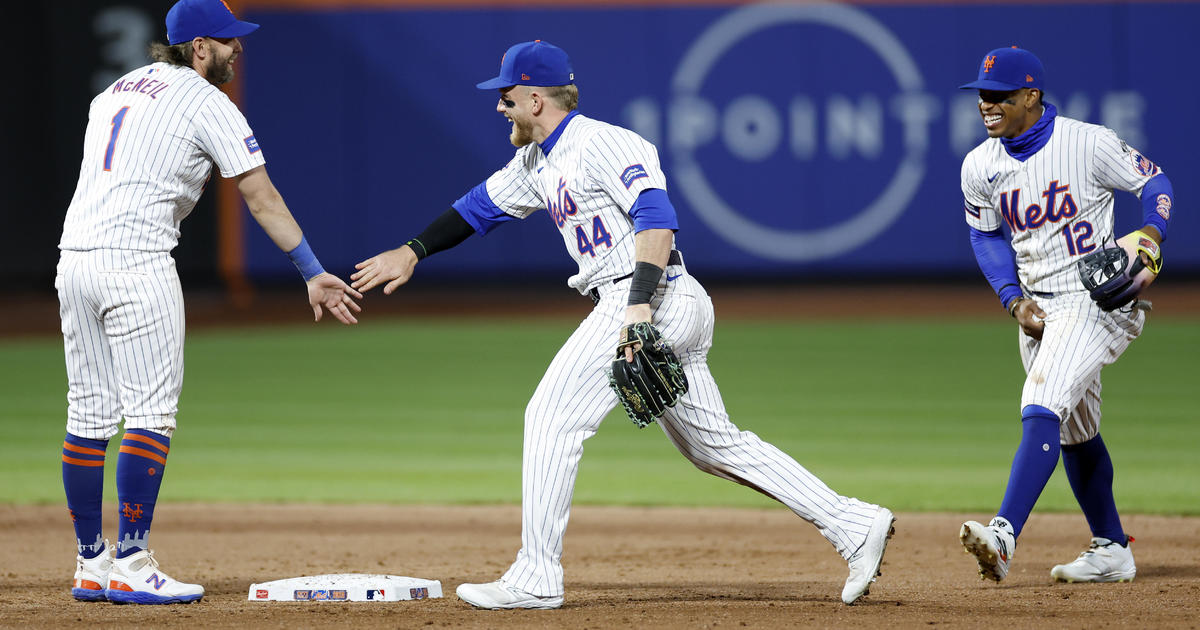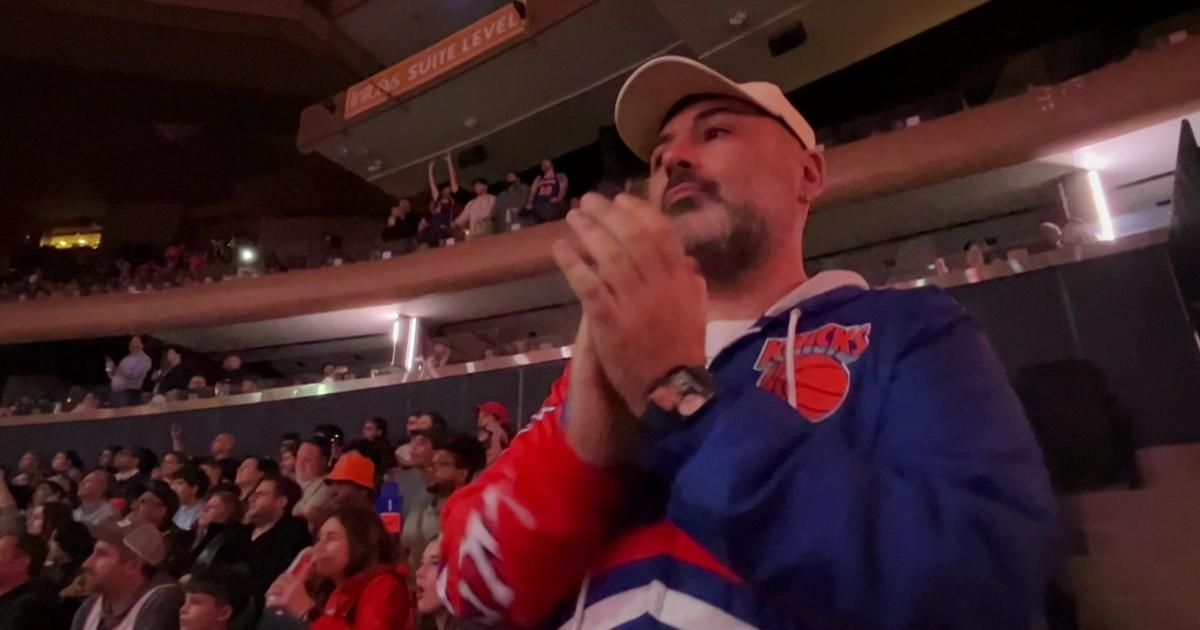Palladino: Watching Baseball Gets Harder Every Year
By Ernie Palladino
» More Ernie Palladino Columns
Now that the good people who operate the Jets' and Giants' training facilities know who will settle into their joints for a well-organized, productive Super Bowl week that could lead one, last, entertaining Sunday, we can explore another sport that has followed a different path.
Baseball, it seems, is determined to make the average fan's life ever tougher. Major League Baseball is an organization that, quite simply, cannot get out of its own way when it comes to conning Joe Average. Even when it tries to improve the sport, it always factors in something that's going to make it harder to watch that wonderful sport.
Say what you want about that football game scheduled for the potential iciness of Feb. 2 at MetLife Stadium. It's just one day. A big day, granted, but just one day. Baseball has done two things that will make attending many games more chore than enjoyment -- expanded instant replay and 8 p.m. Sunday starts for ESPN games.
With baseball, there's always a tradeoff, and the fan never gets the better end of it.
Take replay, for instance. MLB has decided to institute a challenge system for disputed calls. Aside from a natural aversion to technological the proprietor of this space has long held onto like a childhood security blanket, think about this. Most games already run well over three hours, and sometimes as long as four hours, and that's not accounting for extra innings.
Now, under the expanded replay rules, each manager will have one challenge per game, and another if he wins the first challenge. Umpires can initiate reviews after the seventh inning regardless of whether the managers have exhausted their challenges. Ninety percent of all calls are challengeable, including ground-rule doubles, fair-foul calls, force plays, and tag plays.
Here's the catch. First of all, it will take more than a second or two for the replay people in the MLB offices -- like hockey, that's where the reviews take place -- to make a determination. But even before it gets there, the rule's wording states that the manager must notify the umpire of his intentions "in a timely manner."
Ah, there's the rub. What's "timely?" That's left for the umpire to determine. But there are many machinations a manager might go through before announcing his challenge, and don't think some of those guys won't use those tactics to the fullest. Send a catcher out to talk to the pitcher, come out and argue a little before asking for the challenge. The managers know all the tricks. Unfortunately, it's not the umpires who are going to suffer here, though that might be some of the more combative managers' intentions. It's the fans. They'll have to sit through the delays, all of which will serve only to make already long games longer.
A few bad calls will get corrected in the meantime, which is probably not a bad thing for the technology-over-humanity crowd. But it's not going to do anything to quicken the pace. Anyone who has ever gone to a Giants or Jets game will readily admit that there's nothing more boring than sitting there while the referee goes under the hood to decipher a challenge.
This is what baseball wants, however, and it will probably lose some attendance because of it. Not that Bud Selig seems worried about any of that, however. As long as the TV money keeps rolling in, he's happy.
That's why ESPN will continue to start its Sunday night schedule at 8 p.m. Fans in those Eastern and Midwestern cities will love those April games, but that matters little to Selig. What should matter to him is the overall TV audience, which may still have to stay up until near midnight to see one of those top teams while facing a workday Monday.
Whether it's for TV money or the supposed betterment of the game, count on MLB to make it ever-harder on the average fan.
You May Also Be Interested In These Stories



